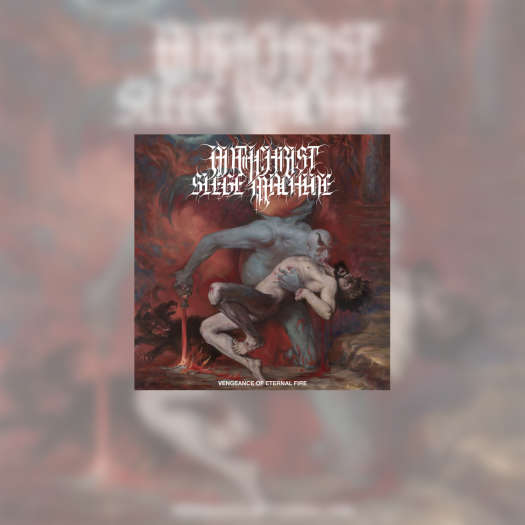If you're young, randy and not terribly inclined towards introspection on your sowing of wild oats, you may not give Ugetsu a second thought. The loss, however, will be yours, as this is one of the supreme masterworks of Japanese cinema and a traumatic exploration of the trade-off between desire and reality. Based on stories by Akinari Ueda and Guy de Maupassant, it tells the 16th century tale of two villagers who let greed overtake their sense: an ambitious potter who tries to profit from war prices (and becomes ensnared by a mysterious but beautiful woman) and a dim peasant who abandons his wife to become a samurai (and discovers that his prize isn't worth the horrible price). Much has been made of its beautiful fluidity and blending of dream and reality, but the movie is the lesson director Kenji Mizoguchi learned when his prostitute girlfriend attacked him with a razor that selfish actions are enticing even as their potential for blowback can eclipse their attraction. It's complex, beautiful and not to be missed, especially in this two-disc Criterion edition. Also included is Kaneto Shindo's documentary Kenji Mizoguchi: The Life of a Film Director, in which the director of Onibaba relies entirely on talking heads, film clips and location shots to give a sense of the demanding director's turbulent life while showing how little beyond the films actually remains of him. Other extras include a stellar commentary by Asian film expert Tony Rayns, who offers some fascinating background, even if he has trouble tying it into the action, a sharp interview/appreciation by new wave master Masahiro Shinoda, interviews with the film's cinematographer and assistant director, and a booklet featuring an introduction by Philip Lopate and the source stories by Ueda and Maupassant. (Criterion/Paradox)
Ugetsu
Kenji Mizoguchi

BY Travis Mackenzie HooverPublished Dec 1, 2005



